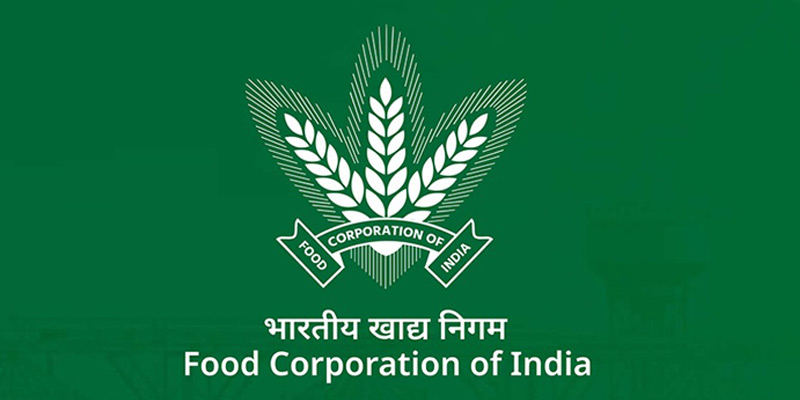- India
- Sep 24
- Sreesha V.M
Explainer - The role of Food Corporation of India (FCI)
• The Department of Food and Public Distribution (DFPD) and the Food Corporation of India (FCI) signed a Memorandum of Understanding (MoU) for the financial year 2025–26 in New Delhi on September 23.
• The FCI is the government’s nodal agency for procurement and distribution of foodgrains.
• The agreement sets out performance parameters and modernisation goals aimed at ensuring greater efficiency and accountability in foodgrain management.
• Through this MoU, the government has reinforced its strategy of adopting system-based approaches and technology-driven solutions in subsidy operations.
• The agreement emphasizes reducing storage losses, improving the utilisation of warehousing capacity, enhancing logistics and supply chain performance, and strengthening quality control.
• By laying out measurable annual targets, the MoU introduces a results-oriented framework for FCI’s functioning.
• It also envisions wider digitisation of processes and the use of modern IT solutions to streamline operations, supported by dedicated capacity-building programmes for FCI employees.
Food Corporation of India
• The Food Corporation of India (FCI) is the main agency responsible for execution of food policies of the government.
• It was established on 14 January, 1965 under the Food Corporations Act, 1964.
• FCI is a Public Sector Undertaking under the department of food and public distribution in the Ministry of Consumer Affairs, Food and Public Distribution.
• FCI, as the pillar of India’s food security architecture, plays a pivotal role in various crucial functions, including the procurement of food grains at minimum support price (MSP), maintenance of strategic food grain stocks, distribution to state governments and Union Territories, and stabilisation of food grain prices in the market.
• The functions of FCI primarily include purchase, storage, movement, distribution and sale of foodgrains on behalf of the government.
Objectives of FCI:
i) Effective price support operations for safeguarding the interests of farmers.
ii) Distribution of foodgrain throughout the country for public distribution system.
iii) Maintaining a satisfactory level of operational and buffer stocks of foodgrain to ensure national food security.
• Since its inception, FCI has played a significant role in India’s success in transforming the crisis management oriented food security into a stable security system.
• The Quality Control (QC) wing of FCI is entrusted with the task of procurement and preservation of foodgrains. The foodgrains are procured as per specifications laid down by the government and inspected regularly during storage to monitor the quality.
• Representative samples of the stock are drawn for physical and chemical analysis to ensure whether the quality standard meets the parameters laid down by the government as well as Food Safety and Standards Authority of India (FSSAI).
(The author is a trainer for Civil Services aspirants.)

